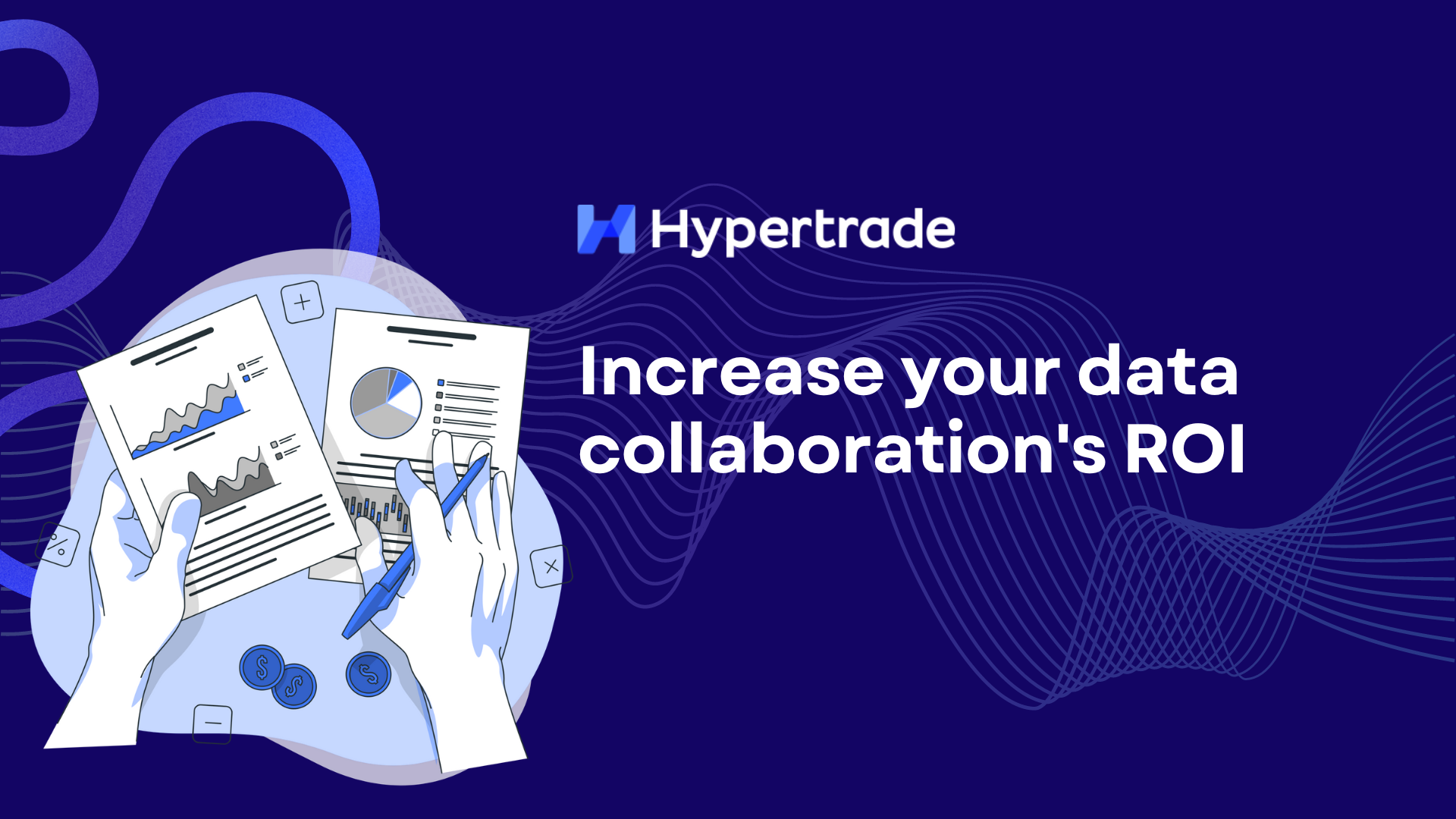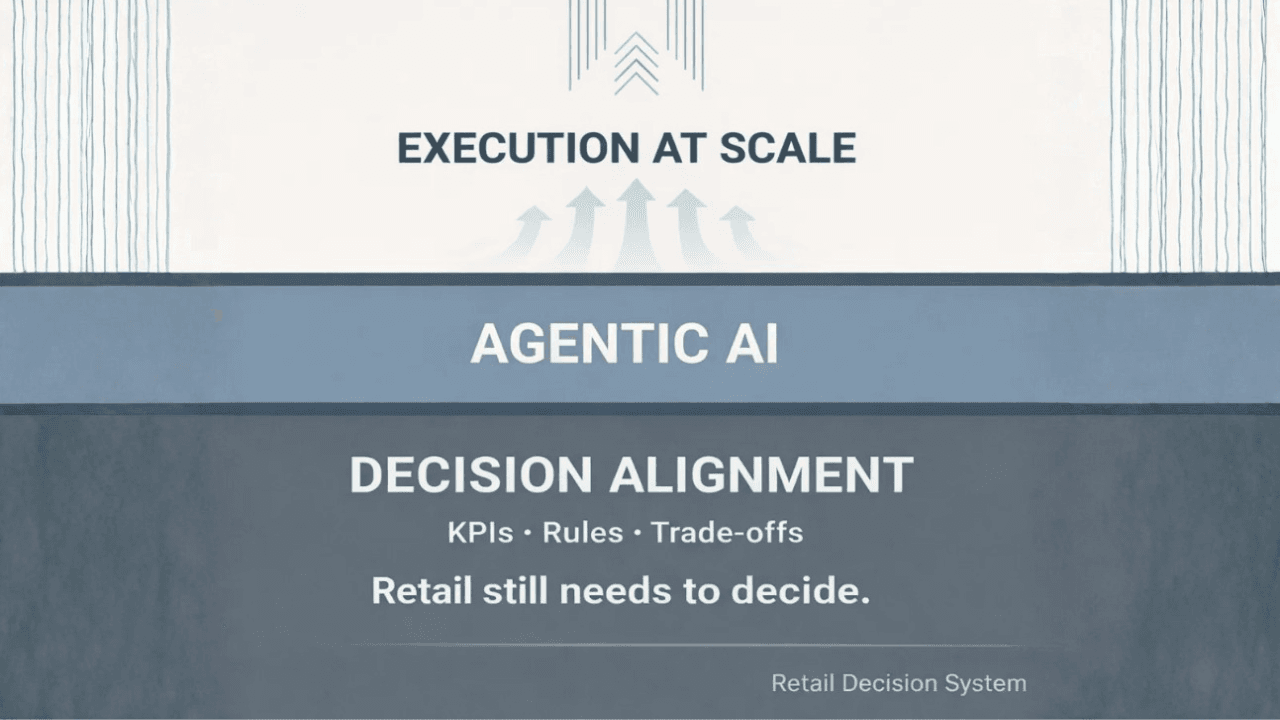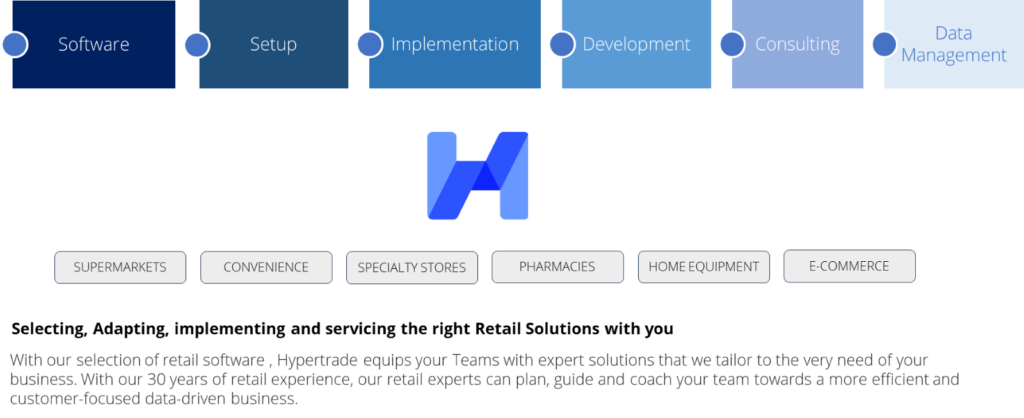Data Collaboration is a term used when a retailer exchanges its data (most often POS, sometimes Loyalty and Web) with a vendor against financial retribution. It is now an established practice. Beyond additional income, are you maximizing its ROI through noticeable increased sales growth? If not, the good news is you are on an untapped resource! In this article, we explain the essential steps a retailer can take to ensure Data Collaboration’s main benefit is Sales Growth, far ahead of additional income.
Data Collaboration Pitfalls

The lack of alignment on data-driven decisions between retailers and manufacturers remains data collaboration’s main challenge today.
It is unfortunately the most common pitfall. Despite both parties having access to a single source of truth –retailer’s POS and CRM data – one party, or the other, does not use them to collaboratively decide what is best for the Category and the Brands.
Business continues as usual, failing to capture the amazing growth and profitability opportunities data collaboration has to offer on each sales driver:
- Range & Assortment optimization
- Distribution improvement
- Promotion effectiveness
- Space optimization
It’s important to look at the current challenges that create that pitfall and limit data collaboration projects to a “Data vs. Cash” transaction.
Current Challenges
2 main challenges are at the origin of the Data Collaboration pitfalls:
• Organization (Data Empowerment)
• Capabilities (People Empowerment)
It is worth having a look at each of them.
Data Empowerment: Unleash the Courage to Supercharge Your Organization
Control Driven organizations will always find it difficult to trust data as they imply an important mindset shift and decision-making processes. Retailers face an ongoing challenge in optimizing their data management processes. Ideally, data should be used to measure each step of the Customer Journey, providing specific analyses, alerts, and recommendations to inform managers and guide their actions. These data-driven decisions typically revolve around four key pillars of retail operations: assortment, price, promotion, and distribution. To ensure effective collaboration, retailers need to clearly communicate these decisions and the criteria to their vendors. However, in reality, many decisions get diluted in control-driven processes, hindering the organization’s ability to make increasingly data-driven choices.
People Empowerment: They Can Do Better Than What You Think
Lack of capabilities is often the scapegoat of many digitalization projects’ failures. However, necessity is the mother of all progress and innovation. People’s ability to adapt and learn when they have clarity in the objectives and what is in for them is often under estimated. In emerging countries where we operate, we’ve observed a strong desire for learning among the teams we work with, spanning from Africa to South-East Asia. However, the existing state of status quo within organizations often hinders their progress. To address this, it’s crucial for organizations to institutionalize the practice of making key decisions exclusively based on data. By embracing data empowerment, teams can unlock opportunities to enhance their capabilities in these areas.
Getting Data Collaboration Right in 5 Steps
For any retailer that wants to generate sales growth in addition to additional income through Data Collaboration, 5 key simple steps are required.
- Establish an Internal Data & KPI Taxonomy
- What do we want to count?
- Why do we want to count it?
- What decisions can we take with them?
The online free Retail Knowledge base HPT Pedia can be a good starting point.
- Define clear objectives of your Data Collaboration with vendors
In practice, the objectives you want to establish with vendors that will join your data collaboration program should be aligned with these established in the yearly Trade terms agreements. In case these yearly Trade Term Agreements do not exist yet, it is a good opportunity to set them up.
- Define & Plan the Key Processes you want the Teams to use internally to make their decisions
From our experience, it is essential to go progressively. We recommend the following steps.

- For each process, define the KPI for your decisions
Internally as well as with vendors, transparency on the criteria of decisions will guarantee trust,quality of the decisions taken and speed in their execution. These criteria belong to the taxonomy initially defined. Below are some practical examples:

- Data-Driven Decisions must become Part of Vendors Meeting’s Agenda
For Data Collaboration to become the common language between retailers and vendors, the processes you selected must become an essential and recurring part of every vendor meeting. Vendors must have access to the same data as the retailer, the same KPI and the same analyses so they have all the insights on hand to prepare an effective meeting and come up with informed proposals. To ensure both Teams do not spend time creating these reports and analyses, it is best to select a Retail Data Collaboration Platform that:
- can automate these analyses.
- is updated regularly and automatically.
- can offer your vendors to see their performances in both your merchandise hierarchy and their own segmentation.
Data is becoming an unavoidable tool in all businesses, a combustible that fuels more and more business decisions. At the same time, because of rising complexities in most industries, collaboration is also becoming a necessity. Data collaboration is a priority as it enables organizations to gain comprehensive insights, uncover hidden patterns, and make informed decisions. By combining and sharing data resources, collaboration fosters innovation, accelerates problem-solving, and drives collective growth.
About Ariane
Ariane is a Category Management solution, published by Hypertrade, available as a Platform or as a Plug-in in existing solutions such as Power BI. Developed by retailers for retail players, it integrates hundreds of retail-expert algorithms. Ariane is currently used by tens of companies in Southeast Asia, Middle East, and Africa.







